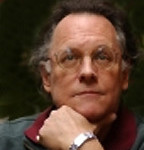
Rachel Playforth introduces a new report on how digital technologies might contribute to or damage development agendas in the coming years. Through scenario development planning, the project investigated the landscape of developing countries in the digital age and how practitioners and policymakers might best respond. None of the scenarios below represents the most desirable outcome, but by working backwards from an ideal future, participants were able to develop key strategies for positive change.






